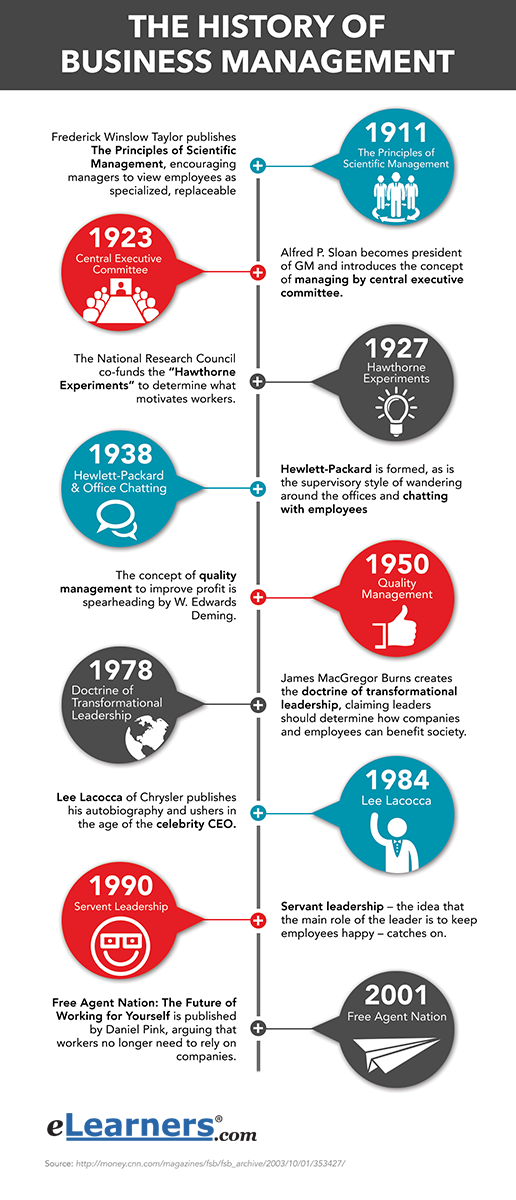What is business administration management? Business Administration is a broad field that is relevant to many top industries including finance/economics, human resources, marketing, operations management, information systems, food service management, office management and healthcare administration.
One of the primary purposes of business administration is to preside over daily operations of an organization to best ensure things are running smoothly, efficiently and profitably. Degrees in business administration would generally prepare students to become an active member in a business. It is very common for business administration majors to have a specific consentration, as mentioned above.
What Does a Business Administrator do?
Because the field is so diverse, it can be hard to pin down an all-encompassing answer to the question “What does a business administrator do?” However, if you’re interested in a career in business administration you may be surprised to learn that it’s not unusual for top executives to get their start in less glamorous areas like office administration, hospitality, and retail. The managerial skills that you cultivate in these industries are often easily applied to other business environments.
If we were to create a general business administrator job description, it would likely include some of the following:
Create and execute organizational goals, policies and procedures
Manage and analyze product-making or service related activities
Oversee a company’s finances and budget
Spearhead the implementation of new technologies
Hire and/or manage departments and staff
Create or approve contracts and other agreements
Identify cost-cutting and performance-improving initiatives
What are Business Administration Skill Sets?
Maybe more important than the questin "what is business administration?' is the question of what makes a good business administrator tick? Though it may seem obvious, one of the most important qualities to have is strong leadership abilities. Being an effective communicator is also essential, as a large part of this job likely involves interacting with others. You also need to be comfortable with taking on responsibility and being accountable for both yourself and your employees.
Having good time management and organizational skills is also definitely a plus in this role. It’s also important to have good attention-to-detail and the ability to multi-task. Being patient and able to keep a level head under pressure can also be key traits of a successful business leader.
In terms of technical skills, it can help to excel at:
Reading, writing and speaking
Computer and IT
Planning and record keeping
Accounting/budgeting
Analytics/decision-making

What is the History of Business Administration?
In answering the question of what is business administration, it is important to understand the history of the topic. Higher education in the United States has very deep roots. The history of business administration be traced back to 1911 and Fredrerick Winslow Taylor. In 1911 Taylor published The Principles of Scientific Management. Why is this important? The publication encouraged managers to view employees as specialized and replaceable. In other words, he believed that managers should focus on training workers to reduce inefficiency and to work to grow a corporation. This was a major shift in thinking.
In 1923 Alfred P Sloan became president of GM. As president, he introduced the concept of managing by central executive committee and decentralized each operating division. By giving each division autonomy, they were allowed to grow the business in new ways. This business structure was then emulated by other corporations through the rest of the century.
The National Research Council also contributed to the history of business administrationIn 1927. That year, the Council co-funded the 'Hawthorne Experiments'. The intent of these experiments was to determine what motivated workers. In an era where companies where changing the way they were thinking of employees, understanding worker motivation was an attempt to further increase efficiency. The study determined that workers are not only motivated by financial gain and good working conditions. It was also important to workers that they feel appreciated and were interested in their work.
In 1938 Hewlett-Packard was formed. Why is this important you ask? Some years later, HP introduced the supervisory style of wandering around the offices and chatting with employees. The expected benefit here was to make the boss more approachable and connected to employees. It is believed that this style increases trust, accountability, morale and productivity.
The 1950s brought the concept of 'quality management'. Founded byW Edwards Deming, this concept contains 14 major points. Each of the points were intended to create a more efficient workplace. Points included concepts such as:
- Industries and economics are always changing
- Communicate to all employees the purpose of the company
- On the job training
- Focus on morale and trust
Maybe obvious to us in our time, but these concepts were quite new when introduced by Deming.
The Doctrine of Transformational Leadership made it's way onto the scene in 1978. Created by James MacGregor Burns, the works urged leaders to think about how companies and employees could benefit society. This was followed up by the concept of Servent Leadership in 1990. This main idea of this concept was that the main role of a leader is to keep employees happy.
Regardless of the theory or concept, it is clear that the business world is under constant transformation. Gaining a solid understanding of what it means to be successful in the business world may be beneficial to any person looking to work within a corporation or to start a new business. Ready to start a career in business administration? Then check out our business administration online degree options.
